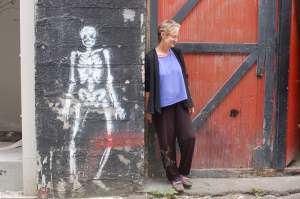Notes on Film
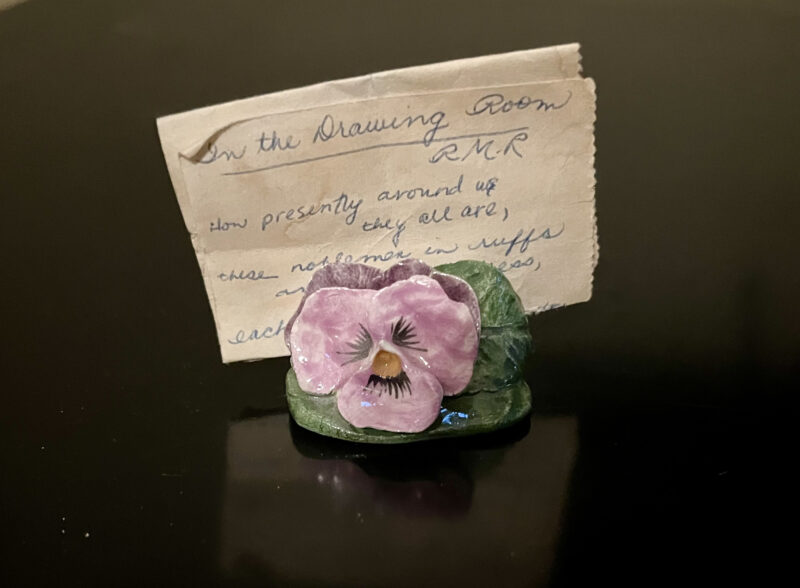
In 1977 I had friends that lived on Green Street In San Francisco. The way I remember it, I had stayed over for a few days, and then, as I was leaving, the wife of this couple pressed a hand-written poem into my hand and somehow, this has stayed with me through the years…perhaps because it is such a small scrap of paper or perhaps because it found a home in a handmade placeholder. Anyway, today, here it is, reminding me how the world seemed so large then, yet now I see it was really much smaller, simpler, and humane.
I have always seen this poem as being about choices—the choice to adorn and admire appearances or to reach deeper for the real flavor of life. In this sense, it’s like looking at a still-life with a bowl of waxed fruit contrasting with wandering in an organic orchard and reaching up and picking the sunset-colored peach and letting the warm juice drip down your chin. In short, surface versus depth.
This thinking is a part of how I consider the film. There are many stories out there that are all surface, some quite good. Other stories reach for depth and maybe even hint at metaphors that may or may not be discovered. This year, “The Menu” is a rare film that manages both in my view.
One of my favorite examples of a film going beyond the surface is the wonderful 2002 indie film “Made Up” Tony Shalhoub produced with his wife Brooke Adams and Susan Sarandon’s daughter, Eva Amurri. This film is a mix of relationship resolutions between mother and daughter, aging, and perceptions of beauty. It was such a joy to see the fun the actors were having and the fun they were poking at a society adapted to illusion, made up, and also made up with cosmetics. My guess is that the audience for this film was in the thousands, not millions. There is art for the masses and there is art for specific audiences, like indie film lovers who show up at places like the Mill Valley Film Festival, Nevada City Film Festival, or art houses across the country.
With the Academy Awards coming up, it is nice to note a few unconventional films in the mix with blockbusters and action flicks. Specifically “Everything Everywhere” and “The Banshees of Inisherin” have gotten well-deserved attention in spite of their disregard for formula and shiny, predictable surfaces.
Not on anyone’s award radar in particular is a film I found wondrous, in part because I had read the short story that it was based on and found the use of film to tell it as a sort of visual miracle. George Miller’s “Three Thousand Years of Longing” is loosely based on the A.S. Byatt short story “The Djinn and the Nightingale.” It received a standing ovation when it opened at Cannes. The film cost $60 million to make and grossed just under $20 million. “Three Thousand Years of Longing” is a story about a story and storytellers with fantastic acting led by Tilda Swinton and Idris Elba. The special effects are bent more on beauty than violence. (Maybe Miller can take on Byatt’s “A Stone Woman” next).
Each year many small films are made that represent a labor of love for the filmmakers, (though most won’t come close to the budget George Miller can muster). So this year, if you happen to watch the awards, I hope you can find a film that is special to you, that is not included in the fanfare. In my view, it just may be the rare shooting stars of indie films that bring a richly human, if brief and tenuous light, to the broader constellation of movie-making.
In the Drawing Room
By Rainier Maria Rilke
They are all around us, these lordly men
in courtiers’ attire and ruffled shirts
like an evening sky that gradually
loses its light to the constellations; and these ladies,
delicate, fragile, enlarged by their dresses,
one hand poised on the neck-ribbon of their lapdog.
They are close to each of us, next to the reader,
beside us as we gaze at the objets d’art
they left behind, yet still possess.
Tactful, they leave us undisturbed
to live life as we grasp it
and as they could never comprehend it.
They wanted to bloom
and to bloom is to be beautiful.
But we want to ripen,
and for that we open ourselves to darkness and travail.
~
Watch for this story in the spring edition of Kernel, the in-house zine of the Onyx Theatre, theonyxtheatre.com

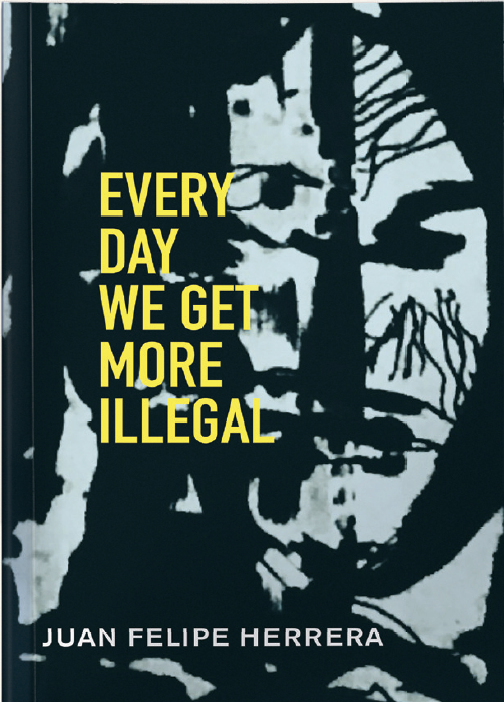

 The 16th Annual Wild & Scenic opens January 11. Read about how and why the South Yuba River Citizen’s League was formed
The 16th Annual Wild & Scenic opens January 11. Read about how and why the South Yuba River Citizen’s League was formed 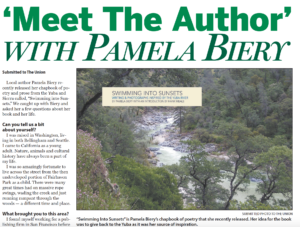 Finally, thank you to The Union for this very nice opportunity to have my say, in the kindest way—in my own words. This
Finally, thank you to The Union for this very nice opportunity to have my say, in the kindest way—in my own words. This 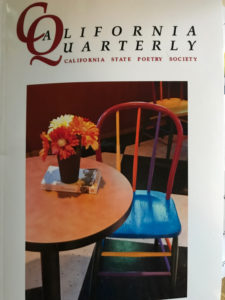 A new series of poems are emerging, inspired by my dear friends. One of these was submitted to the California State Poetry Society, and was published in the last
A new series of poems are emerging, inspired by my dear friends. One of these was submitted to the California State Poetry Society, and was published in the last 
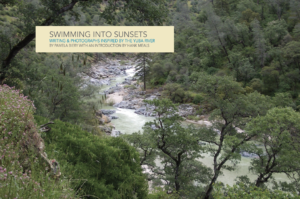 Other news is that my article on the South Yuba Citizen’s League and Wild & Scenic Film Festival is slated for the December issue of
Other news is that my article on the South Yuba Citizen’s League and Wild & Scenic Film Festival is slated for the December issue of 